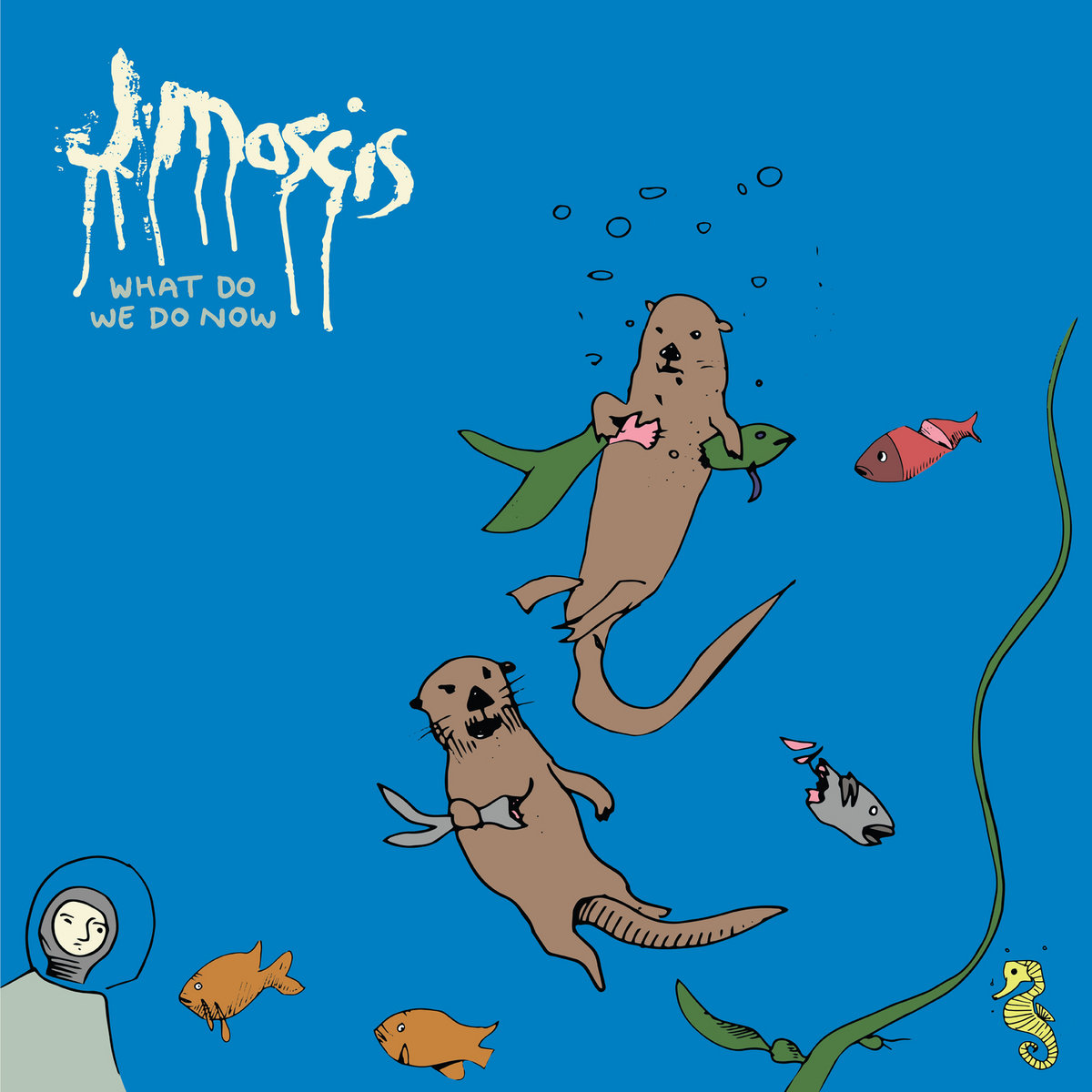J Mascis
What Do We Do Now
SUB POP
Though widely known for his love of purple and being an incredibly reluctant interview subject, it’s music that made J Mascis’ name. Thankfully, his songs—both those with and without seminal alt-/noise-rockers Dinosaur Jr.—more than make up for his reticence when it comes to answering questions. Not only is he capable of some truly soul-crushing, devastating lyrical turns of phrase, but the emotion both his voice and guitar exude is so primal and visceral that it brings those emotions fully to life. Even when the songs are more calming and lethargic—as his solo work tends to be, especially compared to the boisterous output of his band—they fizzle with the entirety of the human experience, from birth all the way through to death, and with a great deal of love and loss in between.
What Do We Do Now is Mascis’ fourth solo album, having released his debut, Several Shades of Why, in 2011. So distinctive is his playing style and his crooning, searching, almost-off-key croak, it’s unmistakable as anything other than a J Mascis record, but that’s no bad thing. The jangle of opener “Can’t Believe We’re Here” might, at first, seem to be masquerading as an early R.E.M. song—but once the 58-year-old starts singing, there’s no doubt this is Mascis at his finest.
The rest of the record is similarly haunted and melancholic, wistful and naively questioning. “I Can’t Find You” is a truly sad and despondent lament that’s succeeded by “Old Friends,” which, though slightly more upbeat, follows it with a similar sense of resigned hopelessness. “Set Me Down” shifts modes ever so slightly to take the form—almost—of a baroque indie-pop song (albeit without either the “baroque” or “indie-pop” elements, but instead, like all of these songs, a truly moving scuzzy guitar solo), while closer “End Is Gettin Shaky” conveys all the joy and uncertainty about modern life and manages to be both uplifting and thoroughly depressing at the same time.
There are, of course, no Radiohead-esque transfigurations here, but there don’t need to be. After all, as the old cliché goes: if it ain’t broke, don’t fix it. This is as perfect as imperfect gets.







